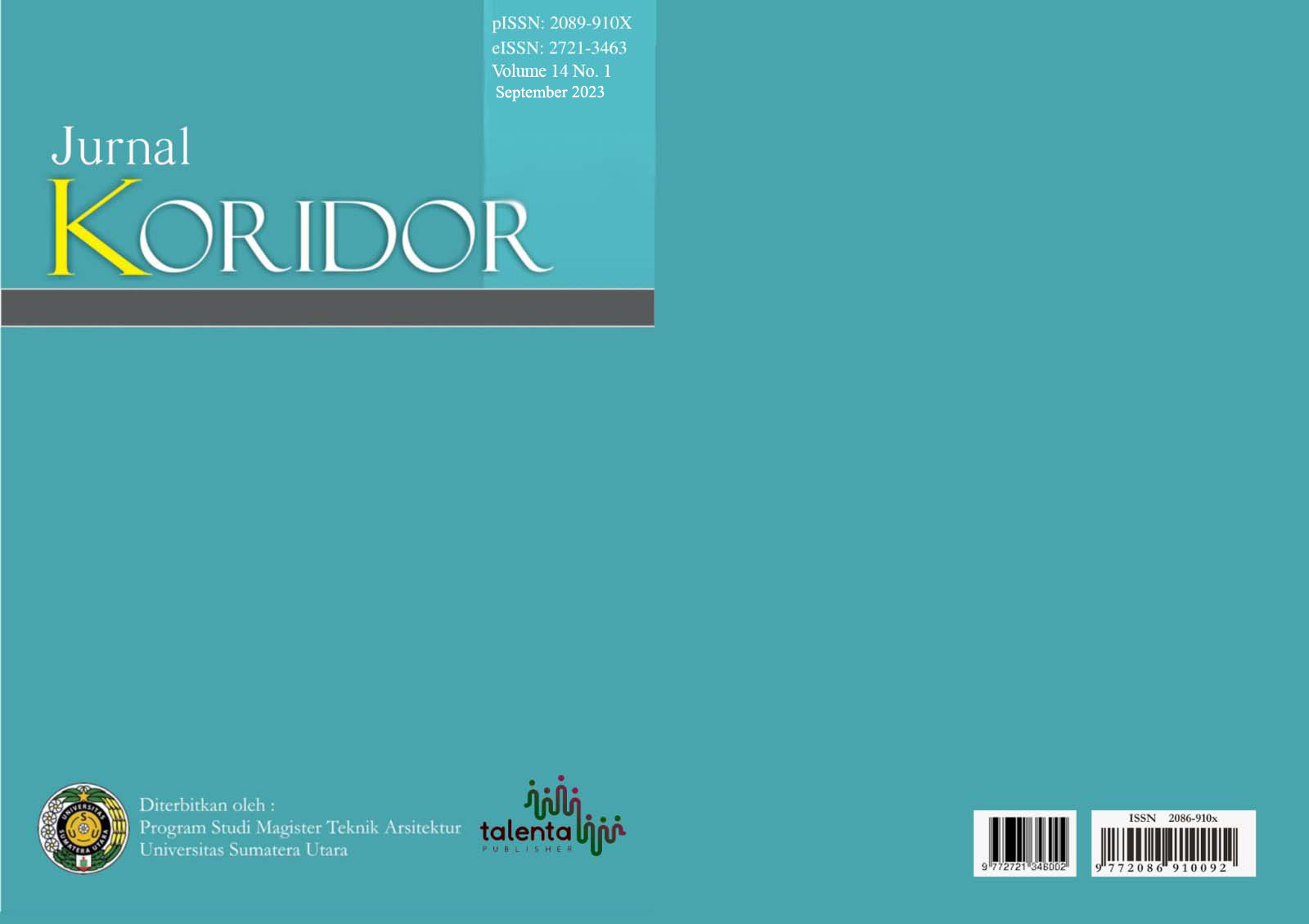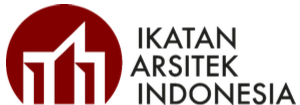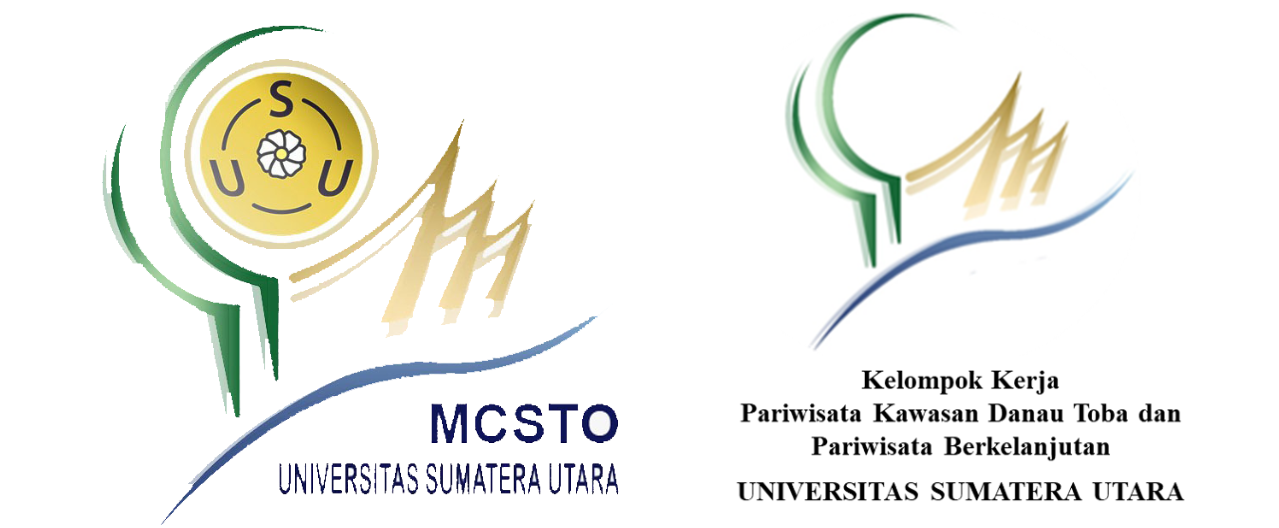Participatory Design Study in the KOTAKU Program Using Settlement Environmental Management Plan Document (RPLP) Review in increasing Community Capacity for Sustainable Development
DOI:
https://doi.org/10.32734/koridor.v14i2.13506Keywords:
Settlement Environment Arrangement Plan (RPLP), Community Capacity Building, KOTAKU Program, Environmental Sustainable DevelopmentAbstract
This study aims to analyze the impact of implementing the Settlement Environmental Management Plan Document (RPLP) in strengthening community capacity in the KOTAKU Program for environmentally sustainable development. The KOTAKU program is a government initiative that aims to improve access and quality of urban settlements, with a focus on slum settlements. RPLP is a planning document that provides guidance in structuring an integrated, sustainable and participatory settlement environment. This research uses a qualitative method by conducting case studies at several locations that have implemented RPLP in the KOTAKU Program. Data was collected through in-depth interviews with various stakeholders, including local communities, local governments and other relevant institutions. The analysis is carried out by identifying changes that have occurred in community capacity after the implementation of the RPLP, including increased knowledge, skills, and participation in decision-making related to the settlement environment. The results of this study indicate that the implementation of the RPLP in the KOTAKU Program has a positive impact on strengthening community capacity. Community participation in planning and decision-making processes increases, resulting in a better and more sustainable living environment. Communities also acquire new knowledge and skills in managing the residential environment, such as waste management, energy saving and utilization of local resources. This research makes an important contribution in understanding the importance of implementing RPLP in environmental sustainable development. The recommendations resulting from this research can be used by local governments and other related institutions to increase the effectiveness of the KOTAKU Program and strengthen the community's role in environmentally sustainable development.
Downloads
Downloads
Published
How to Cite
Issue
Section
License
Copyright (c) 2023 Jurnal Koridor

This work is licensed under a Creative Commons Attribution-ShareAlike 4.0 International License.












